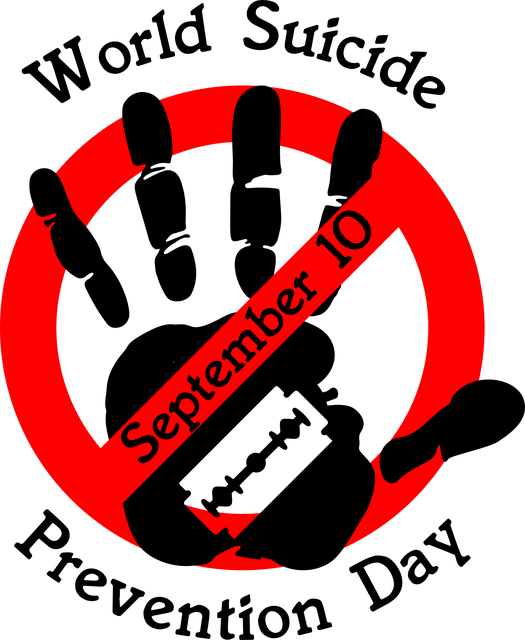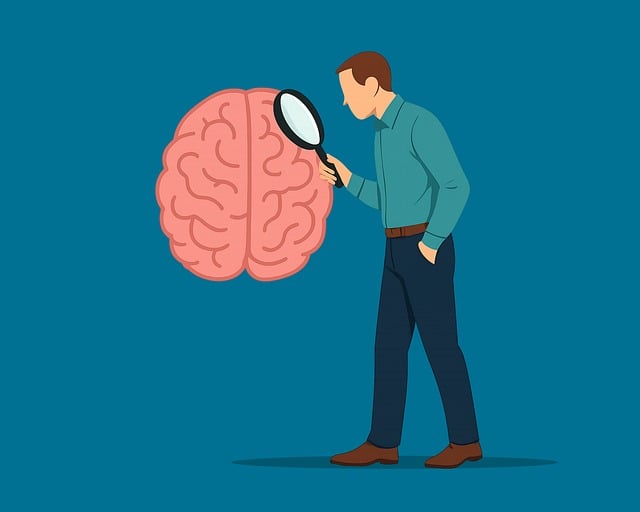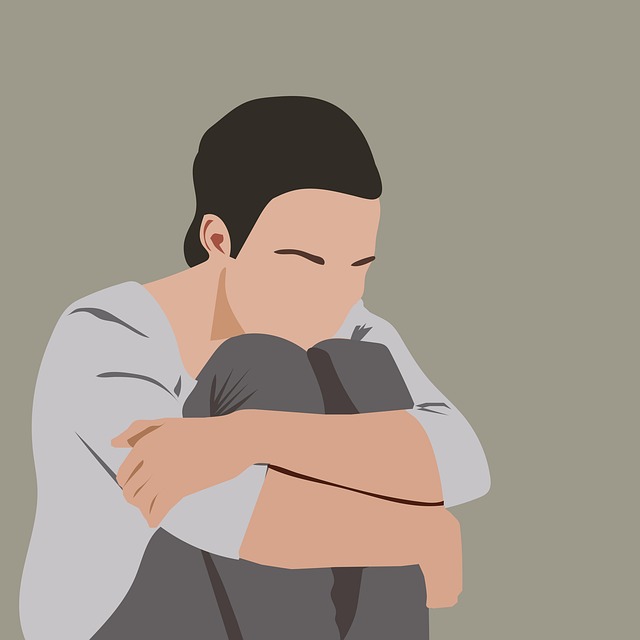In a stressful world, mental health crises rise, demanding accessible support. Crisis hotline services like Lone Tree Abuse Survivors Therapy (LTA) offer 24/7 immediate assistance and professional guidance without geographical barriers. These hotlines empower individuals with coping mechanisms through mindfulness, conflict resolution, and referrals to relevant resources. Trained volunteers and professionals ensure quality care, sensitive responses, and up-to-date best practices, promoting holistic mental health management for both victims and healthcare providers.
In today’s fast-paced world, mental health crises can strike anyone, anywhere. That’s where crisis hotline support services like Lone Tree Abuse Survivors Therapy (LTA) play a pivotal role. This article delves into the understanding and importance of these services, highlighting the features and benefits of LTA hotlines. We’ll guide you through accessing these resources effectively and explore the training and resources available for volunteers and professionals. By understanding these aspects, we can foster better mental health support within our communities.
- Understanding the Need for Crisis Hotline Services
- Features and Benefits of Lone Tree Abuse Survivors Therapy (LTA) Hotlines
- How to Access and Utilize these Support Services Effectively
- Training and Resources for Volunteers and Professionals Involved in Crisis Hotlines
Understanding the Need for Crisis Hotline Services

In today’s fast-paced and often stressful world, mental health crises are becoming increasingly common. This underscores the critical need for accessible support services that can provide immediate assistance and guidance. Crisis hotline services play a pivotal role in offering a safe space for individuals to share their struggles and receive professional help without the barriers of appointments or geographical constraints. These hotlines are especially crucial for vulnerable populations, such as Lone Tree Abuse Survivors, who may face unique challenges in accessing traditional therapy.
The demand for crisis support extends beyond immediate distress; it also encompasses prevention strategies like mindfulness meditation and conflict resolution techniques that can equip individuals with long-term coping mechanisms. Furthermore, healthcare providers, given their high-stress work environments, can benefit from burnout prevention programs to maintain their well-being and effectiveness. Crisis hotline services, therefore, serve as a vital resource, offering not just immediate relief but also tools for holistic mental health management.
Features and Benefits of Lone Tree Abuse Survivors Therapy (LTA) Hotlines

The Lone Tree Abuse Survivors Therapy (LTA) hotlines offer a vital service, providing immediate support and guidance to individuals facing mental health crises. These hotlines are designed with a dual purpose: to offer emergency assistance and to connect people with the resources they need for long-term healing. LTA hotlines are staffed by trained professionals who are equipped to handle a range of issues, from domestic abuse and trauma to anxiety and depression. They provide a safe space for individuals to express their feelings, gain clarity, and explore coping strategies.
One of the key benefits of these services is their 24/7 availability. Whether it’s midnight or noon, individuals in need can access immediate support without having to wait for regular clinic hours. This accessibility empowers people to take charge of their mental wellness, fostering a sense of self-care and resilience. Additionally, LTA hotlines often offer resources for developing a structured self-care routine, promoting better mental health. They may also facilitate referrals to relevant therapy services, support groups, or even recommend the production of a mental wellness podcast series as an effective means of reaching out to others facing similar challenges.
How to Access and Utilize these Support Services Effectively

Accessing mental health crisis hotline support services is a crucial step towards healing and recovery. The first step is to recognize when you or someone close needs immediate assistance. Many hotlines offer confidential and free counseling, available 24/7, ensuring help is readily accessible at any hour of the day. You can search for local crisis hotlines online or ask healthcare professionals for recommendations. These services are designed to provide a safe space for individuals to express their feelings and concerns without judgment.
To utilize these support services effectively, it’s beneficial to know that many hotlines employ trained volunteers or professionals who offer active listening and emotional support. They can guide you towards suitable resources, such as therapy options, including Lone Tree Abuse Survivors Therapy, tailored to address specific mental health challenges. Additionally, they may provide guidance on self-care practices, stress reduction methods, and even help reduce the stigma associated with mental illness through educational resources and awareness campaigns. Remember, seeking help is a sign of strength, and these services are there to empower individuals on their journey towards improved mental wellness, often leading to the development of effective coaching programs.
Training and Resources for Volunteers and Professionals Involved in Crisis Hotlines

The effectiveness of mental health crisis hotline support services greatly relies on the training and resources provided to volunteers and professionals. These individuals form the front line in addressing urgent psychological needs, often involving complex cases of trauma, abuse, or severe stress. Comprehensive training programs are essential to equip them with the necessary skills to handle diverse crises effectively. This includes education on active listening, crisis intervention techniques, and cultural sensitivity to cater to a wide range of callers from different backgrounds.
Lone Tree Abuse Survivors Therapy (LST) is an excellent example of an organization prioritizing these aspects. They offer specialized training for hotline volunteers, focusing on trauma support services and stress management. Such initiatives enhance the quality of care by fostering empathy, ensuring professionals can respond sensitively during distressing conversations. Additionally, LST promotes continuous learning through workshops and resources that keep their team updated with emerging best practices in crisis hotline operations, thereby enhancing public awareness campaigns development and overall service delivery.
In light of the growing importance of mental health support, Lone Tree Abuse Survivors Therapy (LTA) hotline services play a crucial role in providing much-needed assistance during crises. By offering immediate and accessible resources, these hotlines empower individuals facing emotional turmoil. Through effective access and utilization strategies, combined with comprehensive training for volunteers and professionals, LTA ensures that those in need receive the best possible care. This article has highlighted the key aspects of crisis hotline support, underscoring its value as a game-changer in navigating mental health challenges.














